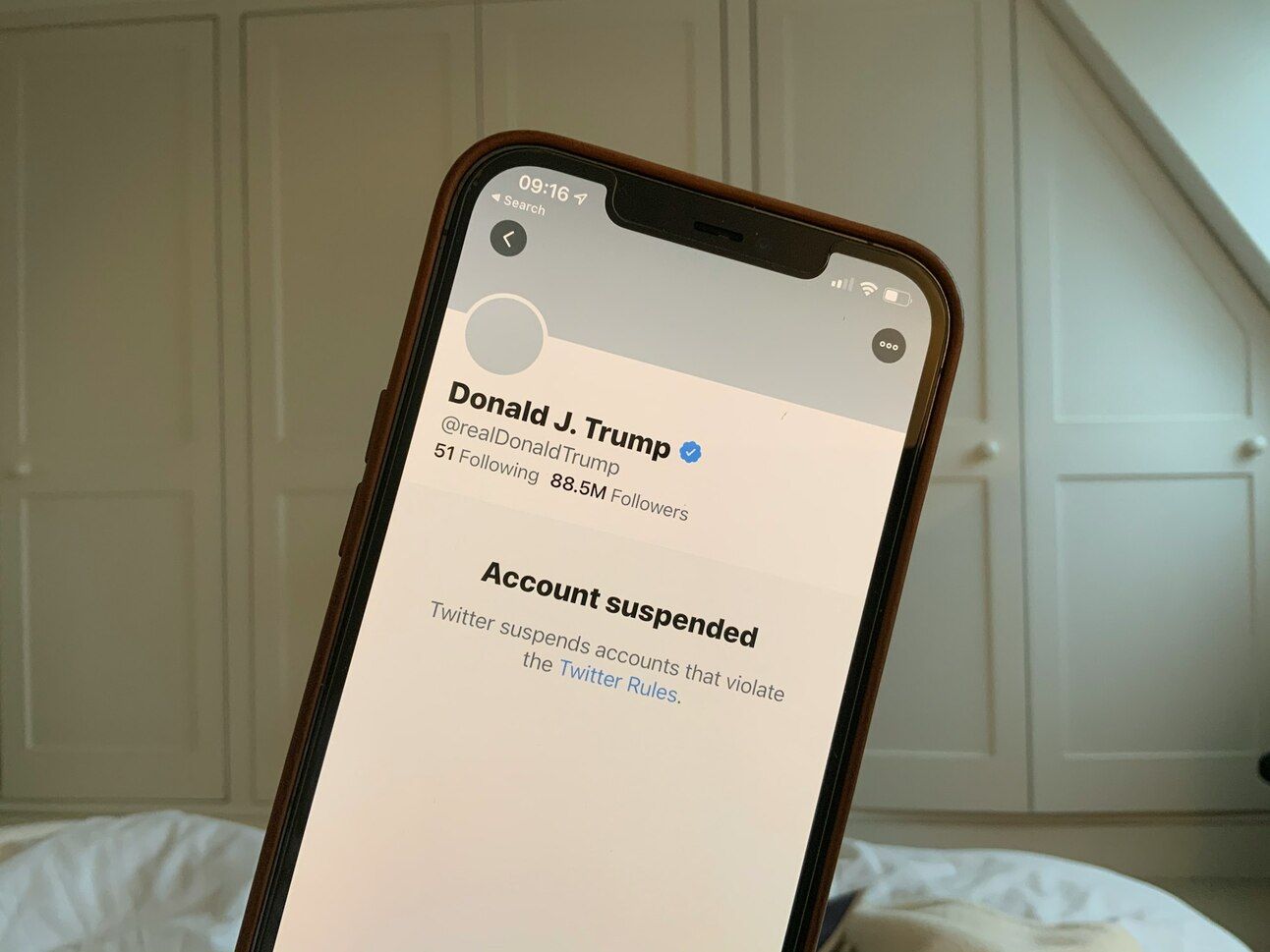
Photo by John Cameron / Unsplash
The latest installment of documents exposing Twitter’s corruption dives into the deplatforming of President Donald Trump. Here’s what we know:
Trump didn’t violate policy: Despite pressure from Twitter leadership and federal agencies like the FBI to censor Trump, internal chats show that high-level employees at the social media platform had difficulty proving that the former president violated their guidelines. The platform ultimately banned Trump “due to the risk of further incitement of violence” after employees reached a deadlock trying to prove which policy Trump violated.
Comparing Trump supporters to terrorists: Right before Trump was banned, he tweeted support for the “75,000,000 great American patriots” that had voted for him. In a portrayal of just how partisan the Twitter board was, Twitter interpreted the tweet as support for “terrorists,” prompting them to ban the sitting president indefinitely.
Communism survivors at Twitter expressed dissent: Some employees expressed concern about Twitter’s attempt to suppress speech, including one Chinese employee who said, “Maybe because I am from China, [but] I deeply understand how censorship can destroy the public conversation.” The higher-ups rebuffed the argument, stating that the Constitution doesn’t prevent them from censoring a sitting president and that it was their moral duty to do so.
Immediately after: Twitter’s safety team set its sights on censoring pandemic “misinformation.” They even pondered whether they should censor accounts recommending people take vitamins to reduce COVID-19 risk.
How are the mainstream media responding to the Twitter Files?
The legacy media suggested that the Twitter Files are unimportant and offer no new information worthy of discussion. CNN sympathized with Twitter’s censorship, expressing that content moderation is difficult. This is expected, considering that legacy outlets have constantly argued for censorship and supported Twitter’s actions at the time.
But the Twitter Files are important. The documents leaked the conversations of Twitter employees who oversaw the speech of millions of Americans, revealing their radically partisan motivations in censoring, the pressure they received from the federal government to do so, and the lack of any oversight on decisions as consequential as banning a sitting president.
A window into censorship at other platforms: While these documents only show the inner workings of Twitter, thanks to Elon Musk’s buyout, the Twitter Files also give insight into how similar conversations likely occur at other Big Tech companies like Google and Facebook.



